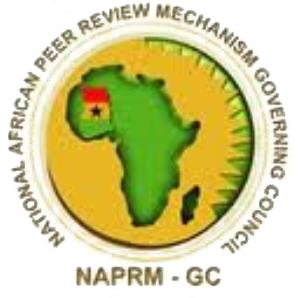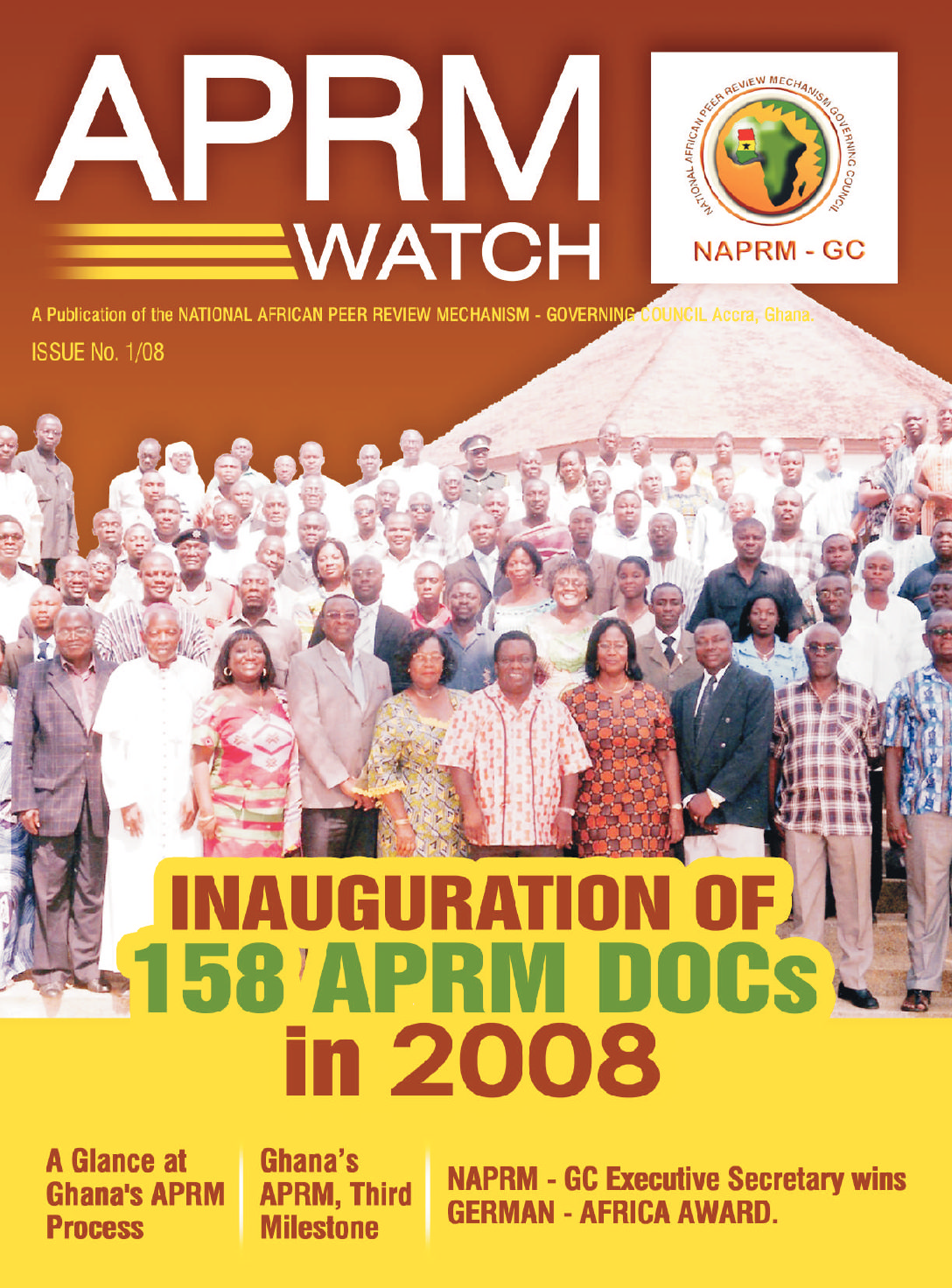A three-member delegation from the African Union Advisory Board on Corruption (AU-ABC) has commended the National African Peer Review Mechanism Governing Council for establishing District APRM Oversight committees throughout the country as part of efforts to empower grassroots actors to actively participate in the governance processes in the country.
The Board is required under Article 22 (5h) of the AU Convention on Corruption to submit reports on a regular basis on the programme made by each State Party in complying with the Provisions of the Convention to the Executive Council. The Board was, therefore in the country to assess progress made and the challenges faced by Ghana in the implementation of the Convention.The delegation comprised Dr.( Justice) Jane Ansah (Malawi), Ambassador Leonadis Havyarimana (Burundi) and Mr. John Ikubaje, the Board’s Senior Governance Officer. Dr. (Justice) Jane Ansah said as signatory to the Convention on Corruption, Ghana has demonstrated a proactive commitment to the convention by signing, ratifying and responding to the implementation questionnaire provided. She added that the mandate of the Board is to encourage member State Parties that have not ratified the Convention to do so and those who have to move on to implementation. The Chairman of the National African Peer Review Mechanism Governing Council, Rev. Prof. S.K. Adjepong on behalf of Council welcomed the delegation and shared Ghana’s journey through the APRM Process and the birth of APRM Oversight Committees– a flagship project that seeks to deepen the participation of the grassroots in the governance process. He added that a number of countries have visited Ghana to study to understudy the country’s APRM decentralization efforts. He added that the uniqueness of Ghana’s APRM was in the relative neutrality of the Council and its organs, and the use of the local language in working with the grassroots.The Governing Council and the members of the Board discussed challenges confronting anti-corruption programmes in Ghana. Issues discussed included Legislative Framework to Fight Corruption, Laundering of the Proceeds of Corruption, Funding of Political Parties, Fight against Corruption in the Public Service, Access to Information and the Role of the Media and Civil Society in the Fight against Corruption. Rev. Prof. Adjepong indicated that adequate laws including the Financial Administration Act, the Public Procurement Act, the Whistleblower Act as well as anti-corruption institutions like the Economic and Organized Crime Office (EOCO), the Auditor-General, the Public Accounts committee of Parliament are being strengthened to fight the menace. He praised the ground-breaking efforts of the media and civil society organizations in exposing high level of corruption. Rev. Prof. Adjepong however lamented that institutions and the general public were limited in their fight against corruption due to fear of reprisals and their inability to obtain relevant information from authorities.

 newsletter-compressed
newsletter-compressed